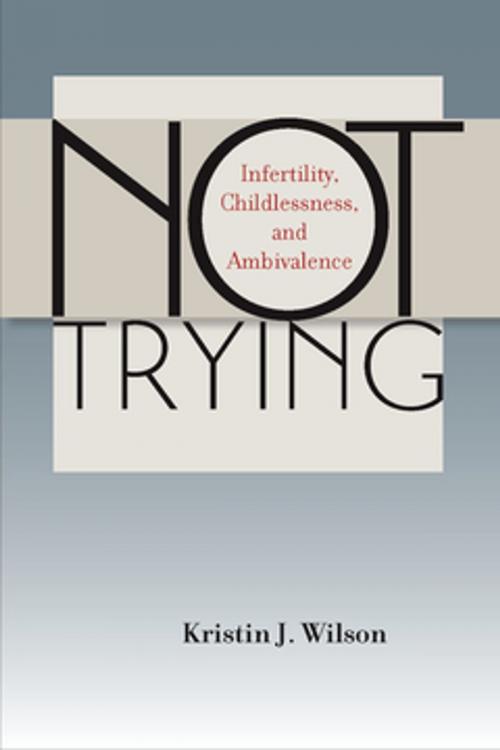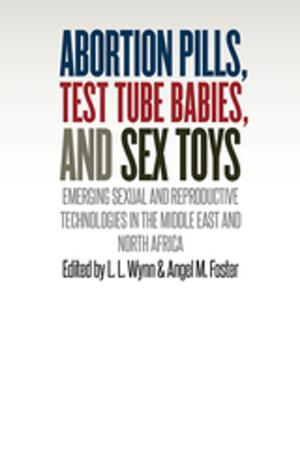Not Trying
Infertility, Childlessness, and Ambivalence
Nonfiction, Family & Relationships, Family Relationships, Motherhood, Health & Well Being, Health, Women&, Social & Cultural Studies, Social Science, Gender Studies| Author: | Kristin J. Wilson | ISBN: | 9780826519986 |
| Publisher: | Vanderbilt University Press | Publication: | September 8, 2014 |
| Imprint: | Vanderbilt University Press | Language: | English |
| Author: | Kristin J. Wilson |
| ISBN: | 9780826519986 |
| Publisher: | Vanderbilt University Press |
| Publication: | September 8, 2014 |
| Imprint: | Vanderbilt University Press |
| Language: | English |
One message that comes along with ever-improving fertility treatments and increasing acceptance of single motherhood, older first-time mothers, and same-sex partnerships, is that almost any woman can and should become a mother. The media and many studies focus on infertile and involuntarily childless women who are seeking treatment. They characterize this group as anxious and willing to try anything, even elaborate and financially ruinous high-tech interventions, to achieve a successful pregnancy.
But the majority of women who struggle with fertility avoid treatment. The women whose interviews appear in Not Trying belong to this majority. Their attitudes vary and may change as their life circumstances evolve. Some support the prevailing cultural narrative that women are meant to be mothers and refuse to see themselves as childfree by choice. Most of these women, who come from a wider range of social backgrounds than most researchers have studied, experience deep ambivalence about motherhood and non-motherhood, never actually choosing either path. They prefer to let life unfold, an attitude that seems to reduce anxiety about not conforming to social expectations.
One message that comes along with ever-improving fertility treatments and increasing acceptance of single motherhood, older first-time mothers, and same-sex partnerships, is that almost any woman can and should become a mother. The media and many studies focus on infertile and involuntarily childless women who are seeking treatment. They characterize this group as anxious and willing to try anything, even elaborate and financially ruinous high-tech interventions, to achieve a successful pregnancy.
But the majority of women who struggle with fertility avoid treatment. The women whose interviews appear in Not Trying belong to this majority. Their attitudes vary and may change as their life circumstances evolve. Some support the prevailing cultural narrative that women are meant to be mothers and refuse to see themselves as childfree by choice. Most of these women, who come from a wider range of social backgrounds than most researchers have studied, experience deep ambivalence about motherhood and non-motherhood, never actually choosing either path. They prefer to let life unfold, an attitude that seems to reduce anxiety about not conforming to social expectations.















